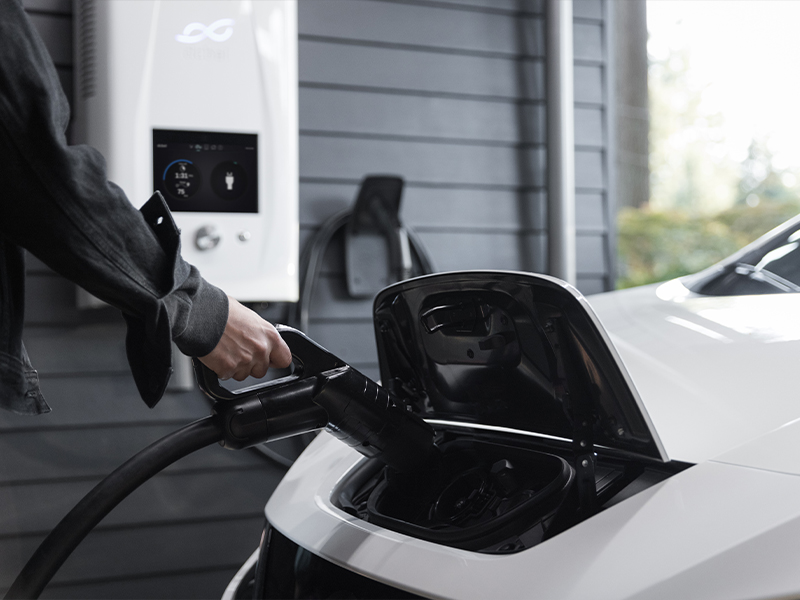Challenges for EV in India
The Electrical Vehicle industry is the new big thing in the field of automobiles, and it is still emerging. In India, the national electric mobility mission has given hope of total transformation of commute system as we know now.
The EV industry promises a friendly relation with the environment, but there are still a few challenges which are needed to be taken care of to make EVs a more reliable mode of commute.
The following are challenges to tackle :
Electricity Production
Within minutes, electric vehicles are unable to reach a full charge. In electric cars such as the Mercedes-Benz EQC and Audi E-Tron, even fast charging options typically need at least 30–40 minutes to charge the battery up to 80%.
While this is not a problem for those who can afford these vehicles, the development of these cars is expensive.
Note: most of India’s car sales come from this price segment, so manufacturers need to strike a difficult balance to make EVs efficient and affordable.
Incompatible power supplies and power failure can also damage expensive machinery, including battery packs. Although it may be possible to adapt this technology to India, it requires economies of scale (higher levels of production to reduce wholesale costs).
Charging Infrastructure
During 2018, India had 650 charging stations, while in the same year, China had more than 456 K charging points. The lack of private parking spaces, including charging points, is also known as a challenge to the adoption of electric vehicles, and the lack of inexpensive renewable energy means charging electric vehicles to an already depleted coal-powered electric grid. But it takes a toll.
According to research by auto giant Maruti Suzuki, 60% of Indian customers do not have their own parking space. Senior Managing Director (Engineering) of Maruti Suzuki India C. V. Raman said, “They cannot charge the car, so they will not adopt it.”
High Cost Of Electric Vehicles
The average cost of electric cars driving on conventional fuel in India is around INR 13 Lakh, higher than the average INR 5 Lakh. In India, the price of electric scooters and motorcycles ranges from INR 70 K–INR 1.25 Lakh to INR 30 K–INR 40 K and even lower for scooters.
Suzuki’s Raman said that under current circumstances it would be difficult to immediately create a good price plan to reduce costs. According to him, it is still possible that a large part of EVs will cost two and a half times more than a type of vehicle-powered by a conventional petrol/diesel engine.
Range Anxiety
Range concern is that consumers suffer by thinking that there may not be enough range to carry an electric vehicle to their destination. This is closely associated with the lack of charging infrastructure in the country, and while conventional vehicles can be refueled at gas stations, such regular infrastructure for EVs is not yet available.
President and CEO of BMW Group India, Rudratej Singh also stated earlier that the electric vehicle network is still undefined and unclear, affecting the price and acceptability of cars for Indian consumers. Recently, Toyota has stopped production of electric and hybrid cars for the Indian market citing insufficient charging infrastructure.
FAME Scheme Flip-Flops
While no one doubts that the Indian government does all it can to run EVs, the industry has questioned the strategy of Faster Adoption and Manufacturing (Hybrid) and Electric Vehicles (FAME) in the past. Originally, the government focused on automobile standardization with FAME.
The government also plans to charge more taxes on non-electric vehicles, even if the sale of electric vehicles does not support such a forced transition. And this has put undue pressure on OEMs in the automotive industry.

